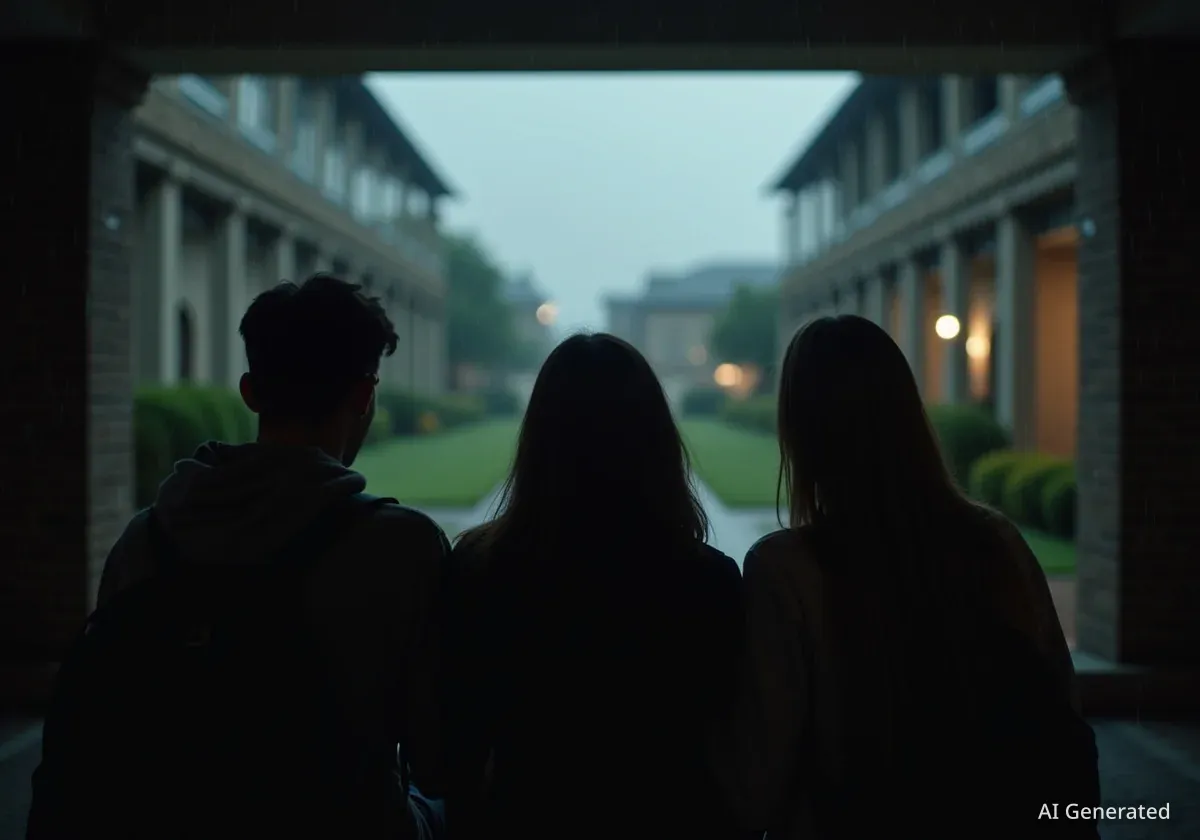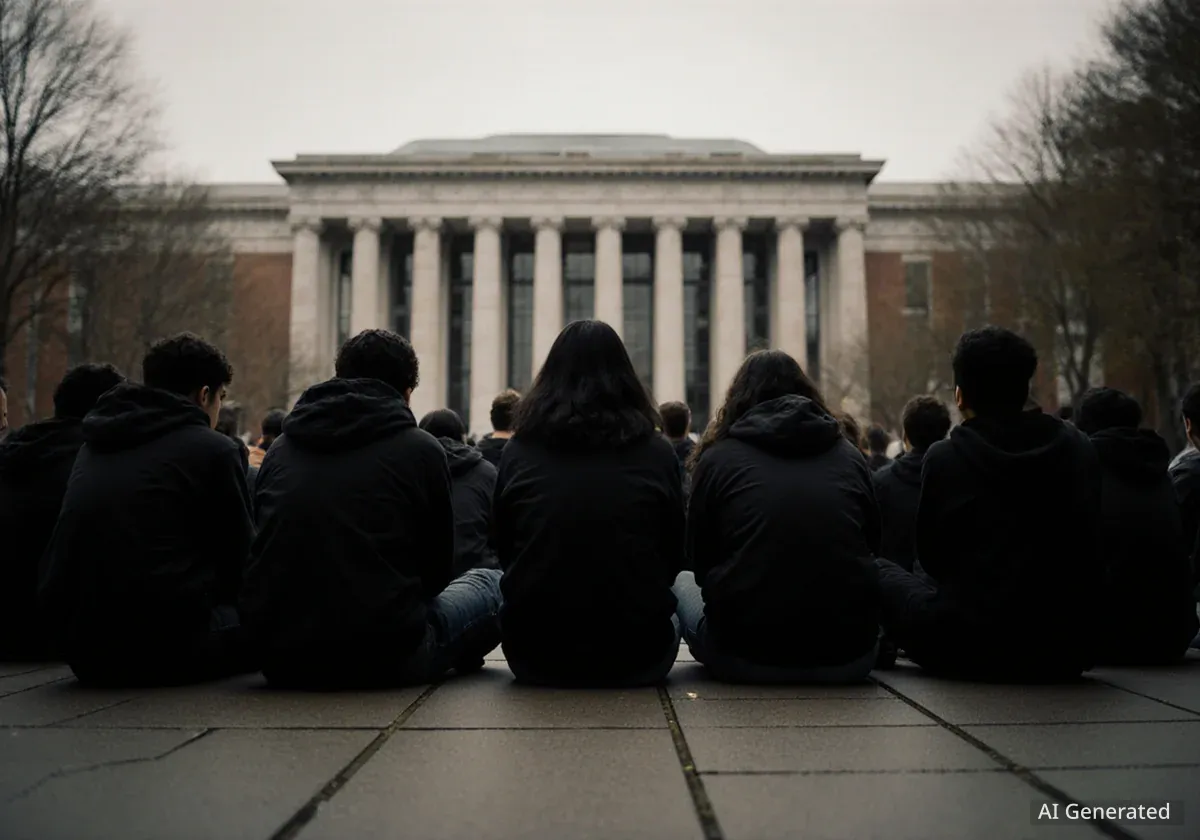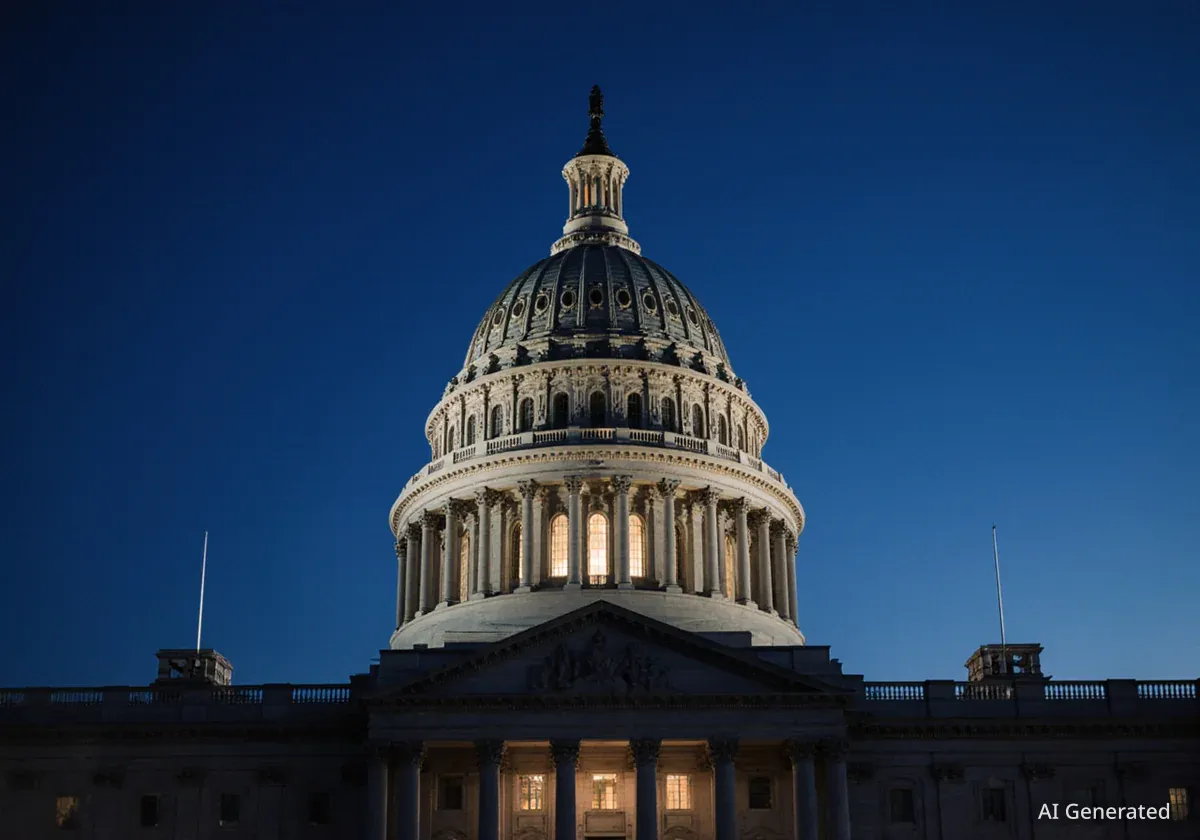Hundreds of students from Trinidad and Tobago studying at The University of the West Indies (UWI) Mona campus in Jamaica report feeling neglected by their home government as Hurricane Melissa approaches the island. With a hurricane warning in effect and the storm intensifying, students say official assistance has been minimal, forcing them to manage their own safety and potential evacuation.
The Trinidad and Tobago Students Association (TTSA) has publicly contradicted claims of coordinated government support, stating that students have been left to navigate the crisis independently. This has created a climate of uncertainty and frustration among the large Trinbagonian student population facing the powerful storm.
Key Takeaways
- Nearly 270 Trinidad and Tobago students at UWI Mona feel unsupported by their government ahead of Hurricane Melissa.
- The Trinidad and Tobago Students Association (TTSA) states reports of official assistance are misleading.
- Students cite a lack of financial aid for evacuation flights, with costs ranging from $300 to $1,000 USD.
- Other Caribbean nations have reportedly taken more decisive action to support their students in Jamaica.
- The T&T government maintains it is monitoring the situation and prioritizing student safety.
Students Voice Frustration Over Government Response
As Hurricane Melissa gains strength in the Caribbean, a significant community of nearly 270 students from Trinidad and Tobago at UWI's Mona campus finds itself in a precarious position. The students, through their representative body, the TTSA, have voiced strong concerns about what they describe as a lack of meaningful support from their home government.
The TTSA issued a formal statement to clarify the situation on the ground, pushing back against any suggestions that a comprehensive support system was in place. The association highlighted that guidance from officials has been limited to general safety advisories and suggestions to book personal travel on flights that quickly became unavailable or unaffordable.
Many students have been forced to cover the high cost of last-minute flights back to Trinidad and Tobago themselves, an unexpected financial burden on top of existing tuition and living expenses.
Contrasting Actions from Other Nations
The students' sense of abandonment is amplified by the actions of other Caribbean governments. The TTSA noted that countries including Barbados, Grenada, Antigua and Barbuda, St Kitts and Nevis, and The Bahamas have implemented swift measures to assist their nationals studying abroad.
A Large Community Abroad
According to government records, there are 268 students from Trinidad and Tobago in Jamaica under the SATD and GATE programs. This includes 179 GATE recipients, 69 bursary recipients, 15 students at the University of Technology (UTECH), and five CAPE students, making them one of the largest regional student populations at UWI Mona.
This contrast has led to questions about why similar support has not been extended to the Trinbagonian student body. In their statement, the TTSA expressed its disappointment.
“Given the significant Trinbagonian student population at UWI Mona, it is disheartening that the guidance we have received has been limited to general advisories or suggestions to make personal travel arrangements on flights that have since become unavailable,” the TTSA release stated.
The Financial Barrier to Safety
A primary obstacle for many students is the prohibitive cost of emergency travel. Iyanu Small, a student at the Mona campus, explained the financial reality facing many of her peers. She noted that while an email was sent about flight availability, it came just two hours before the last flight departed and offered no financial assistance.
“We don’t have the $US300 to US$1,000 for the flight,” Small said. She added that students who replied to the email requesting financial help were told it could not be provided and were advised to simply “stay safe and watch the weather.”
This has led to accusations that the government's offer of assistance was impractical for most. Small challenged the narrative that planes were sent for students, noting the financial barrier was the real issue.
“They said that they sent two planes for us and the planes returned to Trinidad empty. Obviously it was empty because we cannot afford to just pay for a flight back home in an emergency.”
Parents Express Disappointment
The frustration is shared by parents back home. Deborah Charles, a parent of one of the students, described the situation as an abandonment. She argued that asking families, who are already managing the high costs of overseas education, to suddenly produce funds for an emergency flight is unreasonable.
A Call for Practical Support
Parents and students have suggested that even a small stipend to help students purchase essential supplies like food and water to endure the storm would have been a more meaningful gesture than the current response.
“It is already extremely difficult for many of these parents to meet these commitments, and at a moment’s notice to find the means to bring their children home is asking a bit much,” Charles wrote in a letter.
Official Position and On-the-Ground Efforts
The Ministry of Foreign and Caricom Affairs issued a release stating that the government was closely monitoring Hurricane Melissa and that the safety of all nationals remains a top priority. However, students feel this statement does not align with their experience.
Despite the perceived lack of official government aid, the student community is working to support itself. Breanna Bethel, President of the TTSA, confirmed that the association is actively working to ensure students have what they need under the circumstances. She mentioned that some arrangements have been made to get food items to the students through coordination with the High Commission.
“There are about 300 students, could be more. And as best as we can, we are working with them to ensure that they have what they need,” Bethel stated.
As Hurricane Melissa bears down on Jamaica, the students from Trinidad and Tobago continue to prepare, relying on each other and their own resources. The TTSA remains hopeful that open communication will lead to more decisive support from their government.





